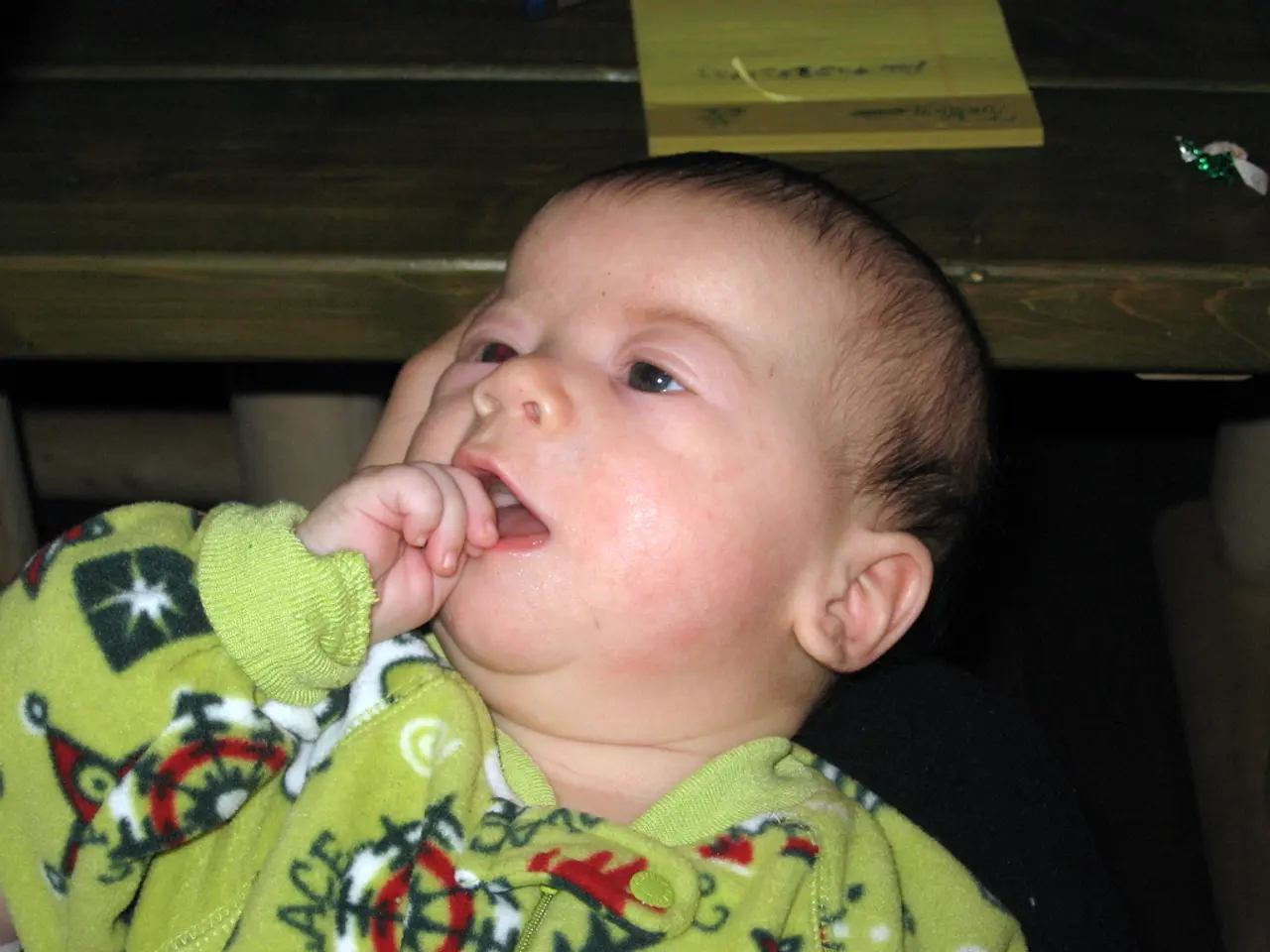Grief After Losing a Mother: When to Seek Help
Losing a mother can be an incredibly traumatic experience, regardless of age or circumstances. Grief can manifest differently for everyone, but daughters may face unique challenges. It's crucial to understand the stages of grief and when to seek professional help.
Grief often occurs in stages, with immediate symptoms that can be severe. Daughters might experience grief differently than sons, feeling lost and disconnected due to cultural and tradition losses, and a lack of maternal guidance. Losing a mother can also mean losing an important part of your support system, potentially straining family relationships.
If grief becomes overwhelming or persists for longer than a year, or if daily functioning is impaired, it may be time to seek the support of a mental health professional. Extreme grief lasting more than a year, or difficulty completing daily tasks, are also red flags. Many mental health professionals specializing in grief recovery are clinical psychologists, licensed professional counselors, social workers, or grief therapists, with backgrounds in counseling or social work.
Coping with grief can involve keeping up with traditions, focusing on happy memories, looking to other maternal figures, practicing mindfulness, honoring your mother, helping others, and seeking support. Normal emotions in the year following a parental loss may include regret, remorse, anxiety, guilt, emptiness, rage, anger, sadness, and numbness. However, the loss of a mother can also lead to various physical and psychological effects, including an increased risk of health issues and depression.
If you're struggling with grief after losing your mother, remember that you're not alone. There are resources available, like the 988 Suicide and Crisis Lifeline and the Crisis Text Line. It's important to recognize when grief is becoming overwhelming or persisting for too long. Don't hesitate to reach out to a mental health professional if you need support.
Read also:
- Hospital's Enhancement of Outpatient Services Alleviates Emergency Department Strain
- Increased Chikungunya infections in UK travelers prompt mosquito bite caution
- Kazakhstan's Deputy Prime Minister holds discussions on the prevailing circumstances in Almaty
- In the state, Kaiser Permanente boasts the top-ranked health insurance program




